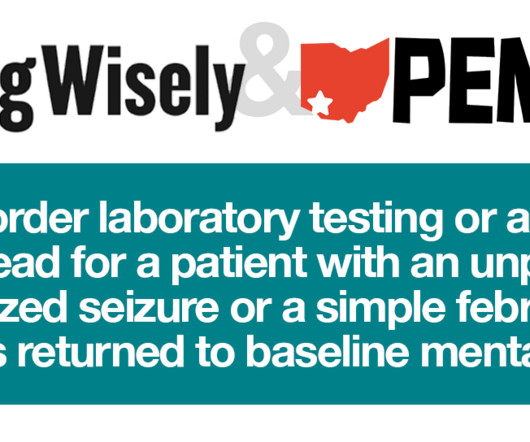Position Statement on Measurement Based Care
Integrated Care News by CFHA
MAY 19, 2025
Introduction The Collaborative Family Healthcare Association (CFHA) recognizes the utility and potential for Measurement Based Care (MBC) as a core feature of high-quality integrated healthcare. Rather, it is an evidence-based, collaborative process that mirrors the well-established framework of using physical symptom monitoring (e.g.,














Let's personalize your content